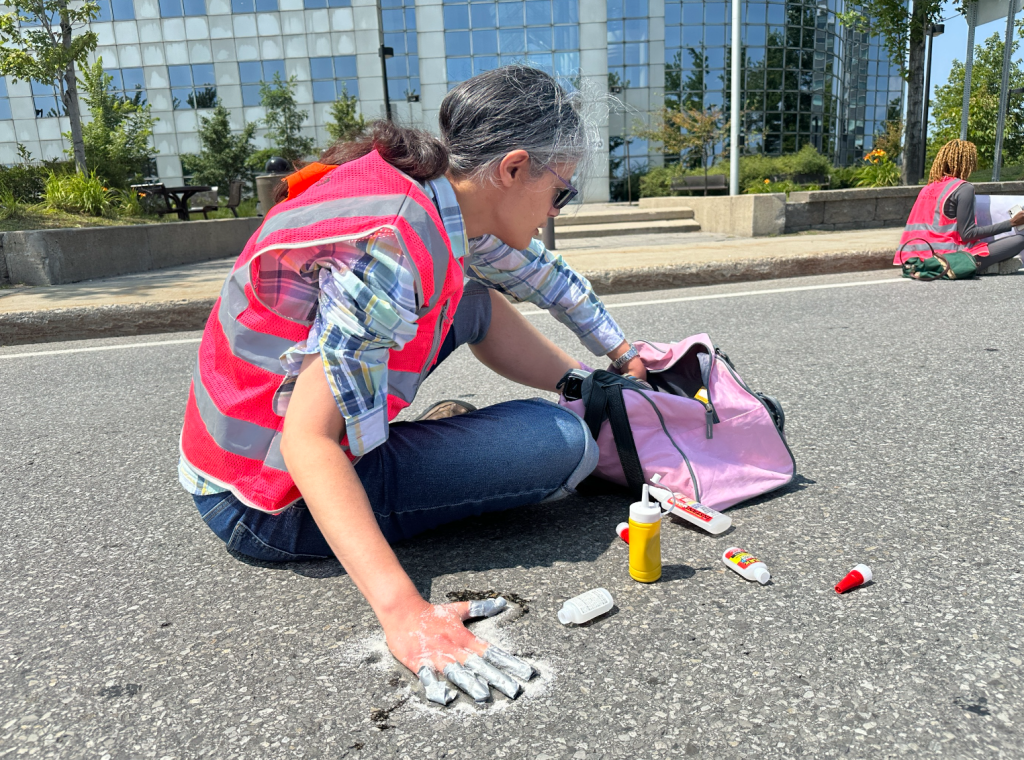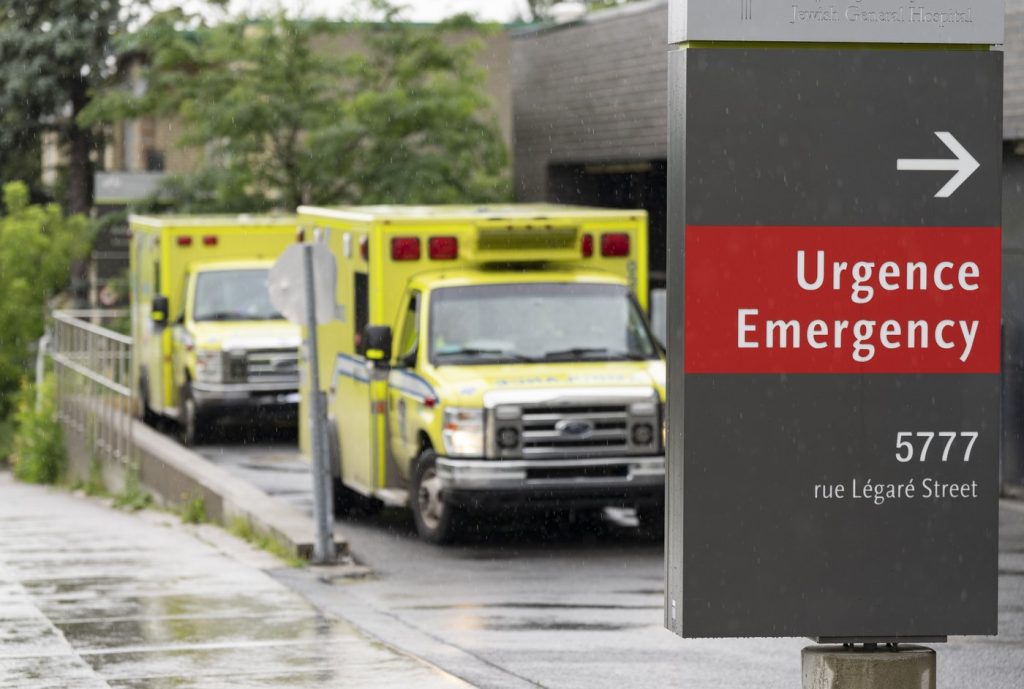Researchers excited for future amid Quebec work on cancer vaccine

Posted July 23, 2023 4:05 pm.
Last Updated July 26, 2023 4:59 pm.
Researchers are sharing their excitement about a joint study to develop a new vaccine against cancers.
The program is a collaboration between Angany Inc. and the CHUM.
BACKGROUND: New Montreal research to develop vaccine against cancer
“Any potential therapy that is being studied and has the potential to impact so many patients is really important and really exciting for us,” said Stuart Edmonds, the executive vice-president of mission, research and advocacy at the Canadian Cancer Society.
“I talk about it and I’m just so excited,” added Réjean Lapointe, the head of cancer research at the CHUM.
The goal is to identify gene targets after a cancer diagnosis and produce a custom-made vaccine for the patient to activate an immune response to fight cancer.
Lapointe believes the study is possible now – and not before – because of “two major breakthroughs.”
“The first one is our capacity to decode the genetic book of a cancer cell,” said Lapointe, who is also the scientific director at the Montreal Cancer Institute. “So we are all made up of DNA. All the information to makes us – eyes, heart, skin – everything is encoded in the DNA. But in cancer cells the genetic book is completely messed up, there’s a lot of mutation and chapters are inverted, it’s very complicated.
“But now with the new technology we have, we can sequence and find these mutations and use those mutations and put them in a vaccine to trigger an immune response against those mutations.
“We tell the immune system this is what you have to target those mutations. So that’s the difference. And of course the most logical thing to do would be to give the vaccine with the current immunotherapy, to unleash everything in the immune system, to give both the direction and the very, very strong reactions all hopefully directed towards those mutations.”
The Canadian Cancer Society says its sights are set on the future – and what this could mean.
“We’re willfully looking forward to seeing how the clinical trials progress because we want as many possible therapies on the market and to be accessible to Canadian patients as possible. This is the way we’re going to treat this disease,” said Edmonds.
The project is supported by the Gosselin family foundation, made possible thanks to the Guy Lafleur precision oncology program at the CHUM.
“Because of this collaboration they can produce the vaccine in a matter of two months roughly,” said Lapointe.
“Behind this beautiful science and the reason why we can do it is because of people like Mr. Lafleur and Mr. Gosselin, who support these things so we’re going to be able to do that in Quebec.”
The vaccines will be tested in the lab before moving on to clinical trial in a few years.
—With files from Tina Tenneriello



